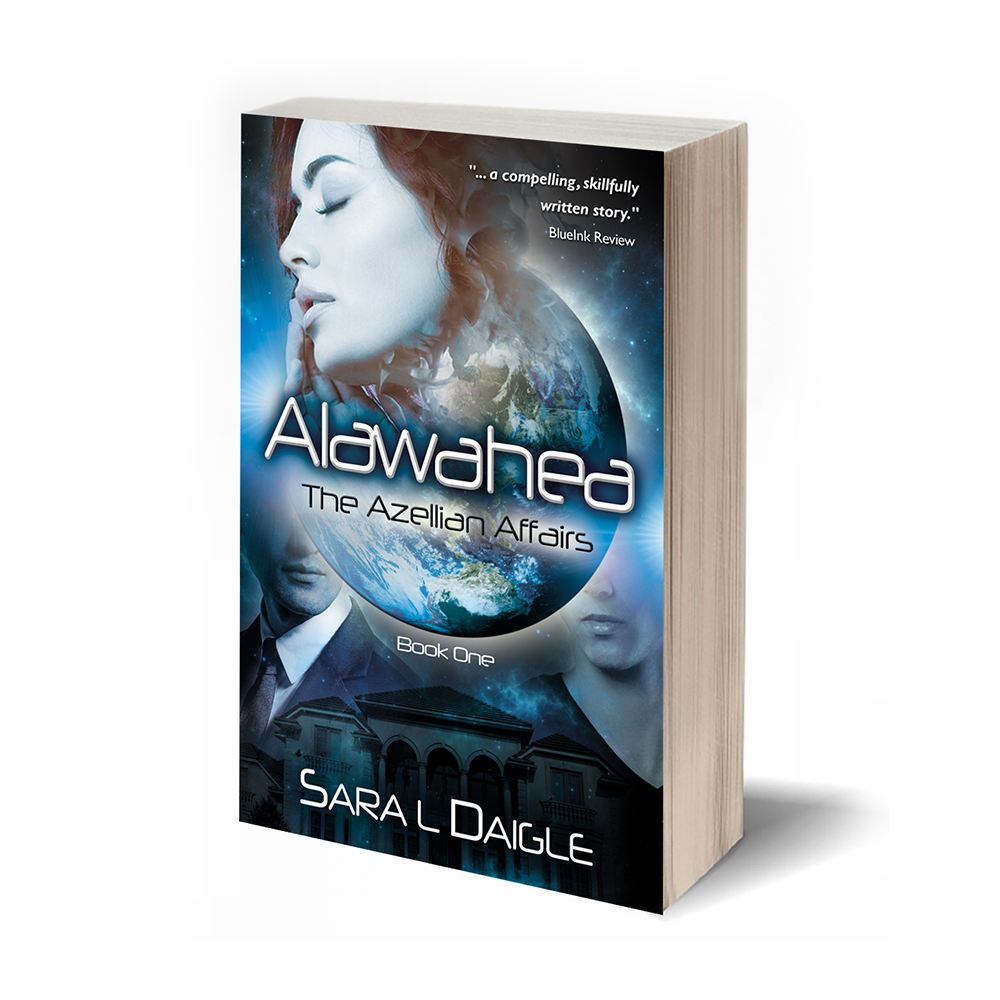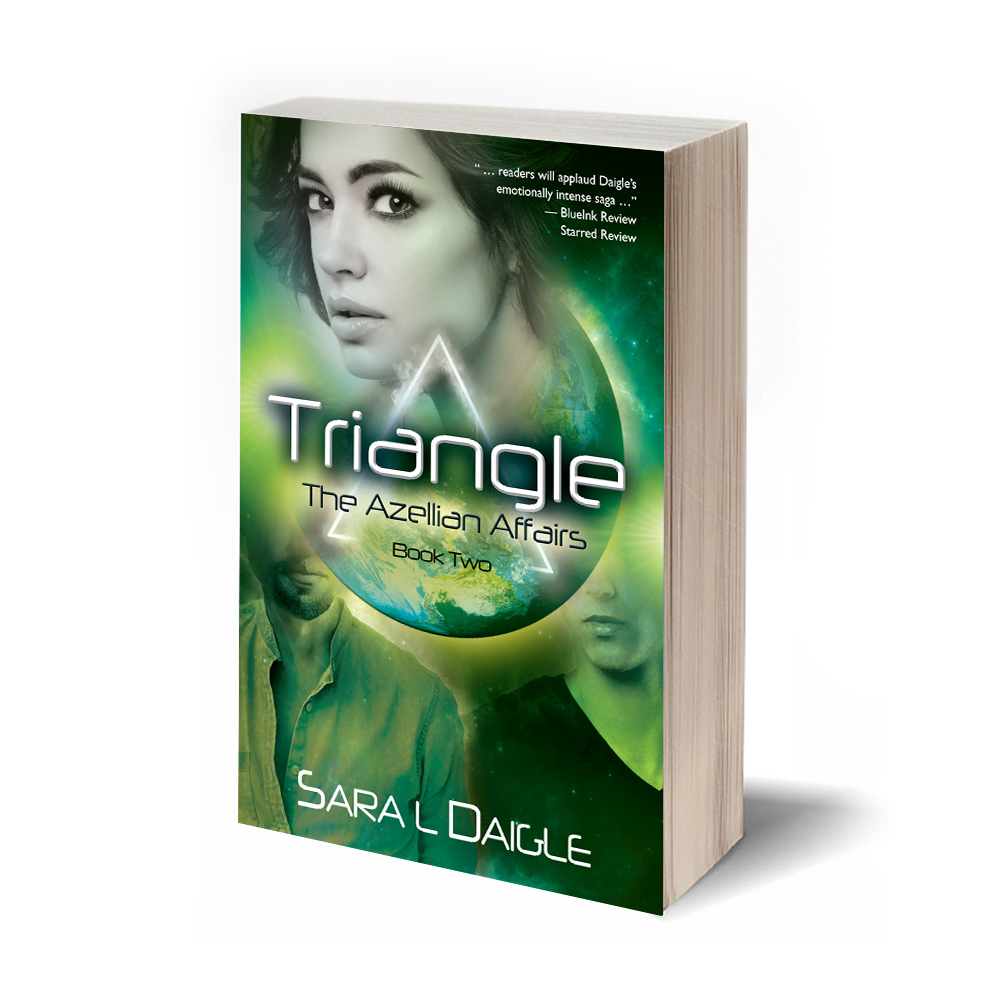Shifting Dimensions
/As we get closer to the release date of Revelations, Book Three of the Azellian Affairs and the world continues to be a very odd place where things are changing so fast no one can keep up, I’ve pondering the question: can we shift dimensions? Or is that just science fiction fantasizing?
Considering that some of the things that our science fiction authors like Isaac Asimov and Arthur C Clarke used to write about HAVE come true (cell phones and pocket computers anyone?), it’s hard to dismiss the notion out of hand. After all, the concept of a wheeled vehicle that can go a hundred miles an hour plus would have seemed like the most insane science fiction to a society dependent on a horses and buggies. Yet science got us there—and there are vehicles that go WAY faster than that. Although there are some REALLY tantalizing possibilities in the realm of quantum physics where alternate dimensions are theorized and even likely, science has not quite yet gotten us to the place that we can hop in our teleporter machine and go to another dimension.
In my own explorations of the highly-unlikely-and-on-the-surface-impossible, I have discovered that it is indeed possible to shift dimensions. It’s simpler than it sounds. And at the same time, much harder. Because it requires us to fully embrace our own selves, fully and completely and to wake up to what is possible. Not always easy. The key is choice. There is a statement I heard somewhere that changed my life once I fully embraced it: we can’t control what happens to us, but we are always free to choose how we experience what happens.
That is the key to shifting dimensions: choice. Do we see those who hurt us as evil jerks who deserve to have their heads chopped off for daring to damage us? Or do we see those who hurt us as struggling beings who are simply echoing the deep damage they experienced in their lives? It’s much easier to find compassion for someone else in pain when we ourselves are able to forgive the pain we’ve caused ourselves and others.
Pain exists. Anyone who says pain is an illusion is desperately hiding from it, hoping it will go away. Pain however, is NOT just that wrenching, ripping, tearing sensation that sears us to the bone. It is—something else. Our relationship with pain evolves and changes as we do, until we relate to it differently. Once that happens, pain becomes an opportunity, a message and a possibility. Even as we hurt, we are no longer afraid of it, and once we are no longer afraid of it … we are free. Free to choose, free to not choose. Free to be, free to not be. Free to do anything at all. We’re even free to hide, although once our relationship with pain changes, hiding becomes rather irrelevant.
The world we each live in is deeply colored by our perspective. To change our perspective, we have to be able to choose. To choose, we have to be willing to change our relationship with pain. Once we do that, freedom is ours.
Having said that, when do I shift to the dimension that I’m living in Italy on the coast enjoying the Mediterranean easy life?!
In my most recent Patreon post, I explore more about shifting dimensions and some of the ways I’ve done so. To find out more, check it (and my other Patreon posts) out below:


